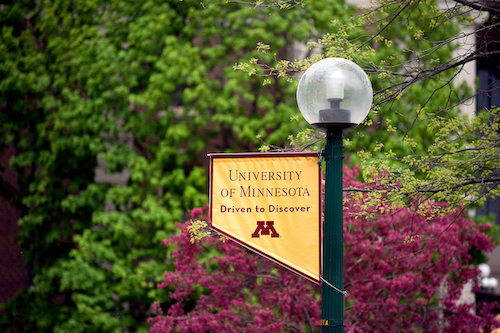
StudyFinder
Vertical Sleeve Gastrectomy and Lifestyle Modification for the Treatment of Non-Alcoholic Steatohepatitis

Status: Recruiting
This study is comparing the treatment of Non-Alcoholic Steatohepatitis (NASH) with either lifestyle changes or obesity surgery with lifestyle changes. Participants must be 30-70 years old, have a BMI of 35.0-60.0 kg/m2, have health insurance that will pay for obesity surgery, and be willing to accept either treatment.
Sex: Male or Female
Age Group: 18 years and over
Inclusion Criteria:
• ages 30 to 70 years
• diagnosed with NASH with a total NAS >=4 including a ballooning score of at least 1, or diagnosed with T2DM or prediabetes, HbA1c < 9% Body Mass Index (BMI): 35.0-50.0 kg/m2
• willing to accept either surgery or life style changes
• must have insurance with no exclusion for obesity related treatments or management of obesity surgery complications. applies to all participants enrolled in the study
• evidence of liver fat present in the baseline MR images
• suitable for liver biopsy
Exclusion Criteria:
• cardiovascular event (myocardial infarction, acute coronary syndrome, coronary artery angioplasty or bypass, stroke) in the past six months
• pulmonary embolus or thrombophlebitis in the past six months
• cancer diagnosis unless disease free for five years
• alcohol intake more than one drink per day
• other physical or mental health disease (study staff will review)
Interventions:
Behavioral: Lifestyle Modification Counseling, Procedure: Vertical Sleeve Gastrectomy
Conditions:
Digestive & Liver Health
Keywords:
Bariatric Surgery, NASH, VSG, Clinics and Surgery Center (CSC), fatty liver, gastrectomy, sleeve, sleeve gastrectomy, weight loss
Study Contact: Shannon Jannatpour - sjannatp@umn.edu
Principal Investigator: Sayeed Ikramuddin
Phase: NA
IRB Number: STUDY00014879
See this study on ClinicalTrials.gov